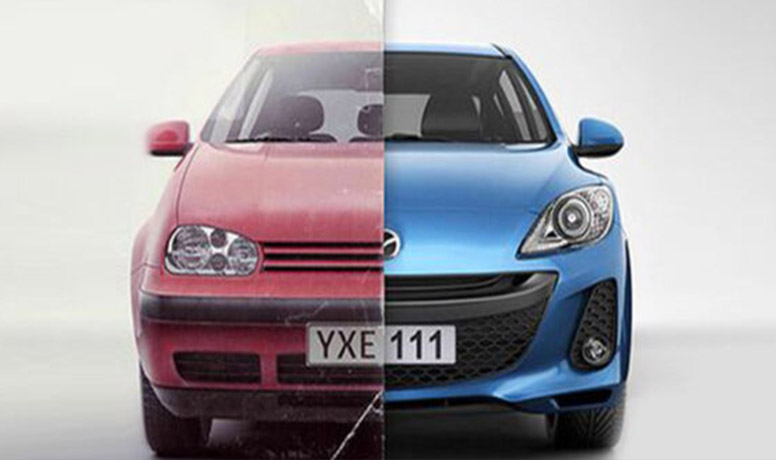The vehicle industry is progressing rapidly, driven by advanced technology, sustainability initiatives, and altering customer preferences. From electric and self-governing vehicles to linked vehicles and alternative gas sources, the future of automobiles is more ingenious than ever before. Here's a check out the crucial fads forming the future of automobiles.
- The Increase of Electric Autos (EVs) Among the biggest shifts in the vehicle industry is the change from gasoline-powered automobiles to electric vehicles (EVs) Federal governments around the world are executing more stringent discharges laws, and car manufacturers are spending heavily in EV growth. Companies like Tesla, Ford, and General Motors are broadening their EV schedules, while advancements in battery technology are enhancing array and charging times. With even more billing stations and reduced costs, EV adoption is anticipated to escalate in the coming years.

- Independent Driving Technology. Self-driving automobiles are no longer an idea of the long run. Automakers and tech companies are investing billions into developing self-governing automobiles (AVs) Business like Waymo, Tesla, and Mercedes-Benz are making strides in Degree 3 and Degree 4 autonomy, where automobiles can drive themselves under particular problems. While complete freedom is still a few years away, the assimilation of AI and machine understanding in cars is making driving more secure and much more efficient.
- Linked Cars and Smart Modern Technology. The rise of the Web of Points (IoT) is making cars smarter than ever. Linked automobiles can connect with each various other, traffic systems, and also home devices. Attributes like real-time traffic updates, remote diagnostics, and over-the-air software application updates are becoming requirement. With the assimilation of 5G networks, linked cars and trucks will use seamless navigating, entertainment, and enhanced safety and security functions.
- Sustainability and Eco-friendly Production. Past EVs, car manufacturers are focusing on sustainable materials and manufacturing techniques. Lots of suppliers are utilizing recycled and eco-friendly materials for interiors and minimizing carbon footprints in manufacturing facilities. In addition, hydrogen fuel cell lorries are emerging as an alternate to EVs, using absolutely no emissions and quick refueling times.

- The Change to Shared Wheelchair. The way people own and use vehicles is transforming. Automobile membership services, ride-sharing platforms like Uber and Lyft, and independent taxis are lowering the need for personal automobile possession. As urbanization boosts, shared wheelchair options will certainly play a considerable role in minimizing traffic jam and exhausts.
Verdict. The future of automobiles is being formed by electrification, automation, connection, and sustainability. As technology remains to advance, the automobile market will undergo an enormous makeover, producing safer, more efficient, and eco friendly cars. Whether via self-driving vehicles, wise attributes, or eco-conscious production, the future of wheelchair looks encouraging.
Navigation
Latest Posts
Discover Modern Nissan of Winston-Salem's Top Deals
Albany’s Go-To Dealership for Chrysler, Dodge, Jeep, and RAM
Your Destination for Mazda Vehicles and Service